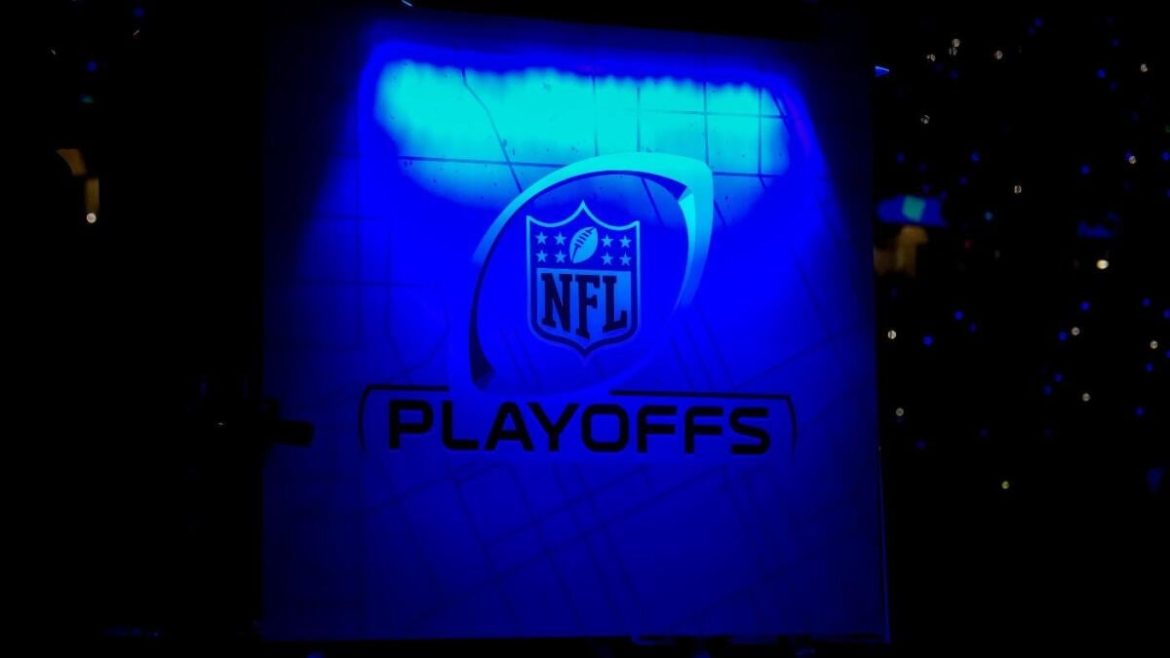The recent discussions around modifying the NFL playoff seeding format have stirred considerable debate, particularly due to a proposal initially put forward by the Detroit Lions. This proposal suggested a fundamental shift from the traditional seeding system to one rooted strictly in teams’ overall records, rather than prioritizing division winners as the top seeds. A detailed analysis of this development—the proposal itself, the reasons behind its withdrawal, and the broader implications—provides insight into the NFL’s playoff dynamics and its conservative approach to structural changes.
Background: Traditional NFL Playoff Seeding
Currently, the NFL playoff structure guarantees the four division champions in each conference the top four seeds. This order is irrespective of the teams’ overall win-loss records compared to Wild Card entrants. Consequently, a division winner with an inferior record can secure a higher seed and home-field advantage over a Wild Card team with a stronger record. This setup emphasizes the significance of divisional play and aims to maintain traditional rivalries and stakes during the regular season.
The Lions’ Proposal: Seeding Strictly by Record
The Detroit Lions proposed an alternative seeding method that would rank all playoff teams exclusively based on their regular-season records, without guaranteeing division winners top seeds. Under this system, a Wild Card team with a better record than a division champion could be seeded higher and thus host a playoff game against a lower-seeded team. For example, an 11-6 Wild Card team would host a 10-7 division winner.
This approach is seen by proponents as a fairer reflection of team performance across the season, potentially rewarding consistency and strength over division affiliations. It also could lead to more competitive playoff matchups and restore home-field advantage to the best-performing teams.
Reasons Behind the Proposal’s Withdrawal
Despite the logical appeal, the Lions withdrew their proposal before a formal vote at the NFL’s spring meetings. Several factors contributed to this retreat:
– Preservation of Divisional Importance: Many owners and stakeholders believe that divisional rivalries are a cornerstone of the NFL’s competitive fabric. Guaranteeing division winners top seeds upholds this tradition, ensuring divisional games remain highly consequential.
– System Stability: The existing playoff format is viewed by many as functioning effectively. Critics argue that altering seeding could create more complexity and diminish the role of divisions, potentially upsetting the balance that has shaped the league’s identity.
– Lack of Consensus: NFL owners often operate by consensus, and reports indicate insufficient support for the Lions’ bid. The prospect of divisional champions losing their assured seeding was a significant hurdle.
– Concerns over Playoff Matchups: Some analysts raised concerns regarding how reseeding might disrupt anticipated playoff matchups or give rise to scenarios perceived as less fair or less marketable to fans.
Broader Implications and Opinions
Analysts and NFL insiders have weighed in, highlighting key reasons why the league likely rejected the change:
– The importance of divisional games in creating intense regular-season competition makes stripping division winners of guaranteed top seeds undesirable.
– Maintaining home games for division champs helps preserve fan engagement and regional rivalry attendance.
– The current system creates clear incentives and storylines, which contribute to the NFL’s overall appeal.
Several voices noted that while the proposal had merit in terms of fairness, the systemic and cultural priorities of the NFL likely outweigh the benefits of change.
Related Developments: Other Rule Changes Under Consideration
Concurrently, NFL owners debated other topics such as the “tush push” quarterback sneak, which remains legal, and new onside kick rules. These discussions further highlight the league’s cautious yet open approach to evolving its gameplay while preserving tradition.
Conclusion: The NFL’s Conservative Approach to Playoff Structure
The withdrawal of the Detroit Lions’ playoff reseeding proposal underscores the NFL’s preference for maintaining established structures that emphasize divisional competition and traditional rivalries over purely record-based fairness in playoff seeding. While the idea to rank playoff teams strictly by record has appealing logic, preserving the current format reflects the league’s balancing act between competitive integrity and maintaining the narrative and commercial elements intrinsic to the NFL’s success. The debate also exemplifies how deeply ingrained divisions are in the league’s identity, making significant changes challenging. For the foreseeable future, fans and teams can expect the postseason bracket to remain as is, with division champions continuing to enjoy their privileged seeding.





